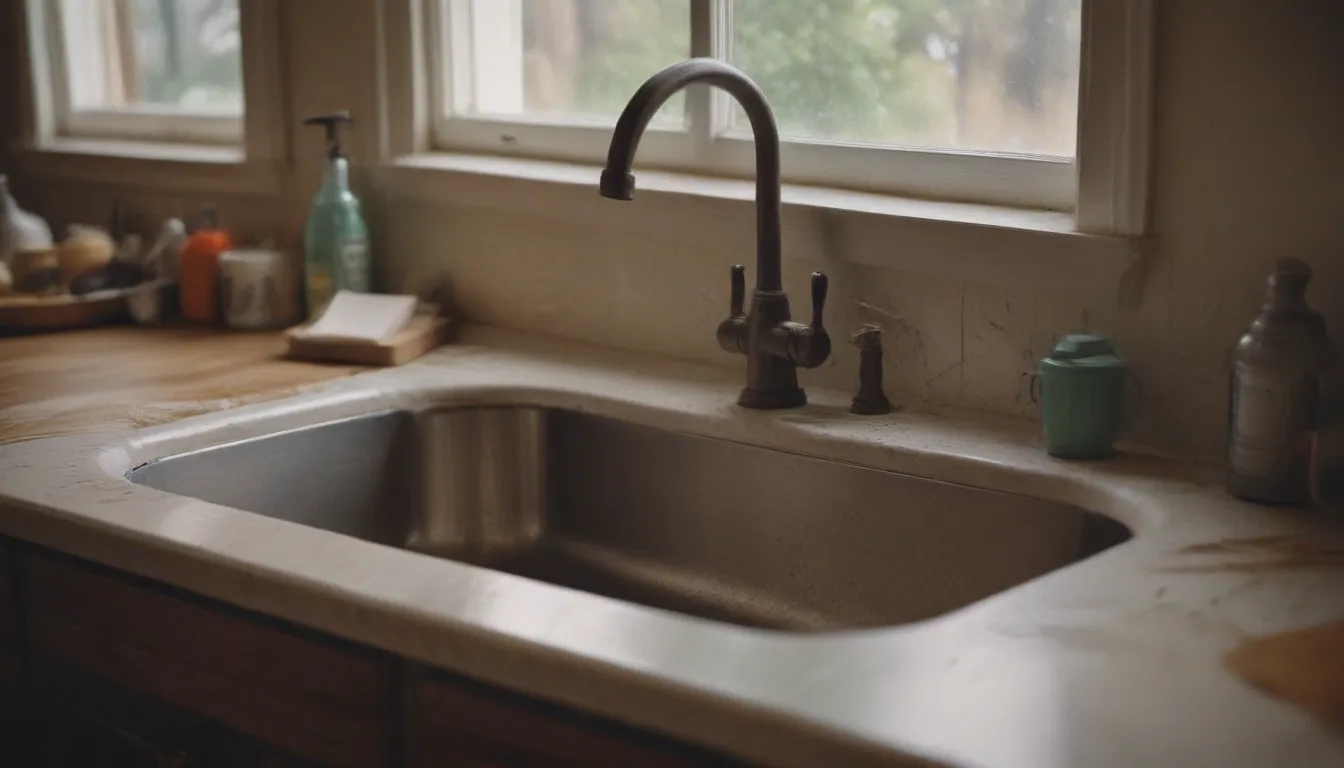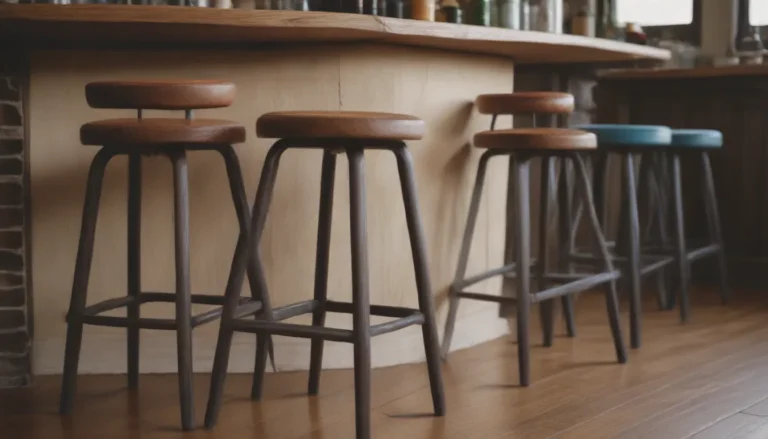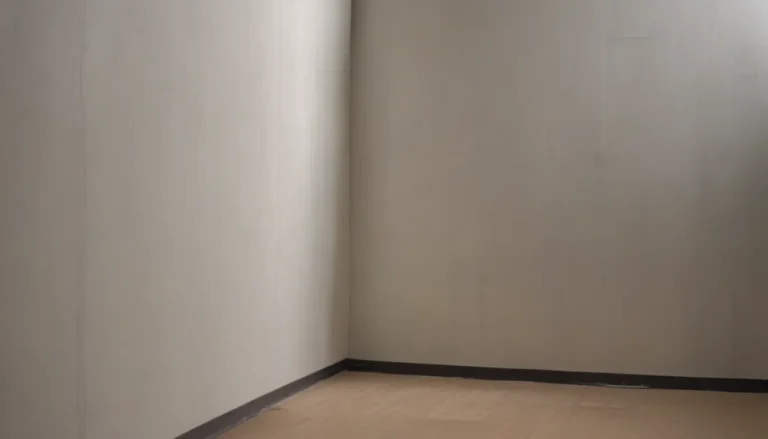Why Does My Kitchen Sink Smell Like Sewage and How to Fix It?

The kitchen sink is the unsung hero of the kitchen, handling all the food scraps, grease, and more that we throw down it on a daily basis. But what happens when your kitchen sink starts giving off a foul odor that smells like sewage? It could be more than just a simple cleaning issue. In this article, we will delve into the reasons why your kitchen sink might smell like sewage and provide you with practical solutions to fix it. So, let’s get to the bottom of this smelly situation!
Food Related or Something More Serious?
Sure, leftover food particles and grease can build up in your sink, creating a less-than-pleasant smell. But what if it’s not just a matter of cleaning out the drain and disposal? Sometimes, that sewage-like smell could indicate a more serious plumbing problem that needs to be addressed.
Cleaning Methods for Food-Related Smells
If you suspect that the smell is coming from leftover food particles in your sink, try these cleaning methods to freshen it up:
- Hot Water and Dish Soap: Fill the sink with hot water and dish soap, then turn on the disposal to help flush out any trapped food particles.
- Baking Soda and Vinegar: A mixture of baking soda and vinegar left to sit in the drain can help break down grease and grime. Follow up with boiling water to flush out any residue.
- Citrus Peels, Ice, and Salt: Ice and salt can help clean the disposal blades, while citrus peels provide a fresh scent. Remember to run water while grinding the peels to prevent clogs.
If these methods fail to eliminate the odor, it’s time to investigate further for potential plumbing issues.
Dealing with Sewer Smells
If the smell coming from your sink resembles sewer gas, it’s crucial to address the issue promptly as it can pose a health risk. Here’s what you can do:
Check the P-Trap
The P-trap is a crucial component of your plumbing that prevents sewer gases from entering your home. If the P-trap dries out or becomes blocked, it can lead to foul odors in your sink.
- Clear Blockages: Check the P-trap for blockages and clear them out to restore optimal water levels.
- Inspect for Leaks: Remove the P-trap to check for leaks. Replace it if necessary to prevent further issues.
Clogged Vent
Every house has a vent that allows for proper drainage. If this vent becomes clogged, it can impede water flow and lead to odors in your sink. If your sink continues to drain slowly even after cleaning the P-trap, consider having a professional snake the drain to clear any blockages.
Final Thoughts
A kitchen sink that smells like sewage is not only unpleasant but can also indicate underlying plumbing issues that need attention. By following the cleaning methods mentioned above and inspecting key components like the P-trap and vent, you can eliminate odors and ensure your sink functions properly. Remember, if the smell persists or you’re unsure about how to address the problem, don’t hesitate to seek help from a professional plumber to get to the root of the issue.
By taking proactive steps to maintain your kitchen sink, you can ensure a fresh and clean space for all your cooking and cleaning needs. So, bid farewell to that foul odor and enjoy a fresh-smelling kitchen once again!
Remember, a well-maintained sink is a happy sink!





